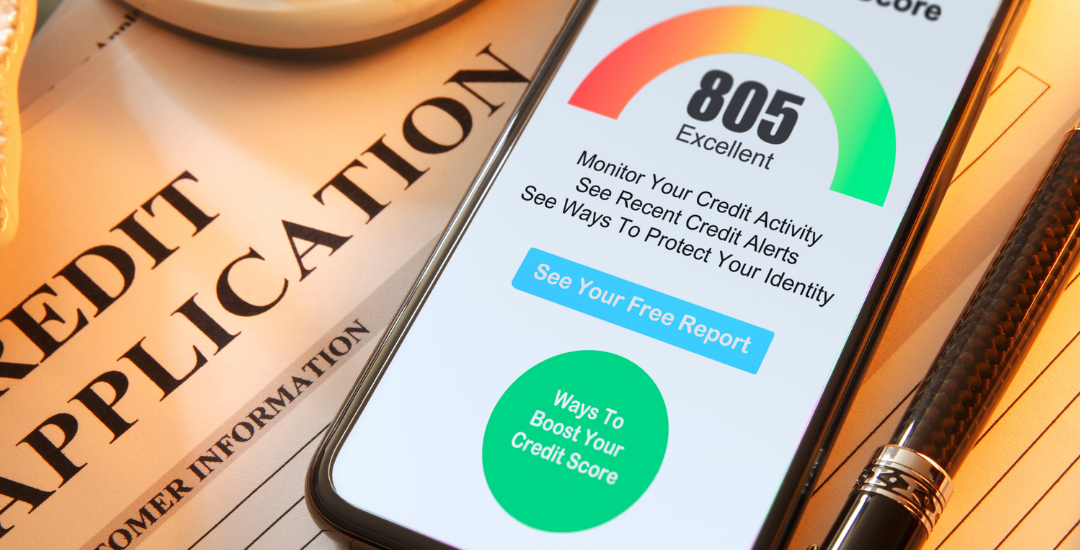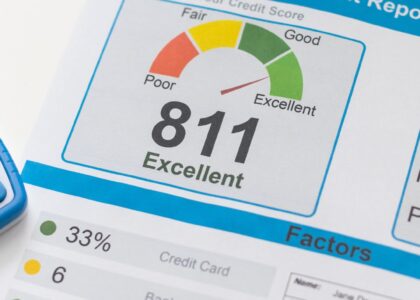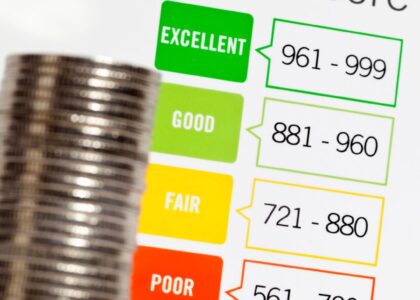Ways on How to Improve Your Credit Score
Your credit score plays an important role in your financial life. If you want a good rewards credit card, you must have a strong credit score. You’ll need an excellent credit score to acquire a lower mortgage interest rate.
There are other less obvious instances where a strong credit score might benefit, such as when buying a new cell phone or auto insurance. Building credit may be a time-consuming process in which good behavior steadily increases your score. It might take years to build good credit, but there are a few things you can do to improve your score.
These will not work for everyone because many of them fix particular problems (that you may not have – which is typically what credit repair businesses target), but read the list to see if any of these suggestions will help you.
REDUCE THE AMOUNT OF CREDIT YOU’RE USING.
Your credit score is determined by a number of factors. Your credit utilization ratio is an important measure since it is part of a criteria that accounts for 30% of your overall score. Credit usage is simply the quantity of credit you use divided by the total amount of credit available to you.
Your credit card utilization is 20% if you charged $10,000 on it and your entire credit limit is $50,000. Even if you settle off your accounts in full each month, credit bureaus consider your statement balance in this computation, so you have utilization.
Use no more than 30 percent of your credit card limit as a basic rule of thumb. Many experts recommend keeping it below 10% if at all feasible. Most credit cards report your credit usage to the credit agencies once a month. Your most current statement balance is frequently the amount that appears on your credit report.
REQUEST AN INCREASE IN YOUR CREDIT LIMIT
Request a credit limit increase on a regular basis. Each credit card provider has its own process, but it’s usually extremely simple and quick. Most credit cards allow you to do this online. You can minimize your credit use by increasing your credit limit.
There are two things to remember when doing this. First and foremost, don’t ask for an increase on a new card. If your account is new, most companies will not increase your limit.
Then, when you ask for an increase, make sure you do so in a way that doesn’t result in a hard inquiry on your credit report. If you ask for a small increase, the company will usually grant it right away.
If the company asks for more information after you seek an increase, politely decline. You don’t require the increase, therefore taking the hit from a hard enquiry makes little sense. Every six months, you can normally ask for an increase.
FIX CREDIT REPORT ERRORS
Banks occasionally make reporting errors that negatively impact your credit score. Many people ignore the benefits of a periodic credit report review, even if they haven’t missed a payment.
It’s free and just takes a few minutes to review your credit report. Until April 2021, Equifax EFX, Experian, and TransUnion TRU will provide you with free credit reports on a weekly basis. You must register a dispute with the credit bureau if you notice an error. There is no such thing as a little mistake that can’t be justified.
If the error affected your credit score, you should see a significant improvement once the credit bureau corrects the mistake.
BE A CREDIT CARD AUTHORIZED USER
A family member with a higher credit score than yours might add you as an authorized user to their credit card. When the card has a long account history, on-time payments, and a low credit usage percentage, this can help your credit score.
PERIODICALLY USE “DORMANT” CREDIT CARDS
You’ll probably qualify for credit cards with better benefits and interest rates as your credit history improves. Instead of canceling your initial credit card, make small transactions on it from time to time to keep it active.
Banks are less likely to cut your credit limit or cancel your card if you keep it active. The credit bureaus look at the credit usage ratios of each revolving credit account as well as your total credit utilization ratio.
A reduction in credit lines has an effect on your total credit utilization ratio. Closing an old credit card account might also have a negative impact on your score. If your previous card has an annual fee, check if you can switch to one that doesn’t. You maintain a record of your accounts, which helps to build your credit.





